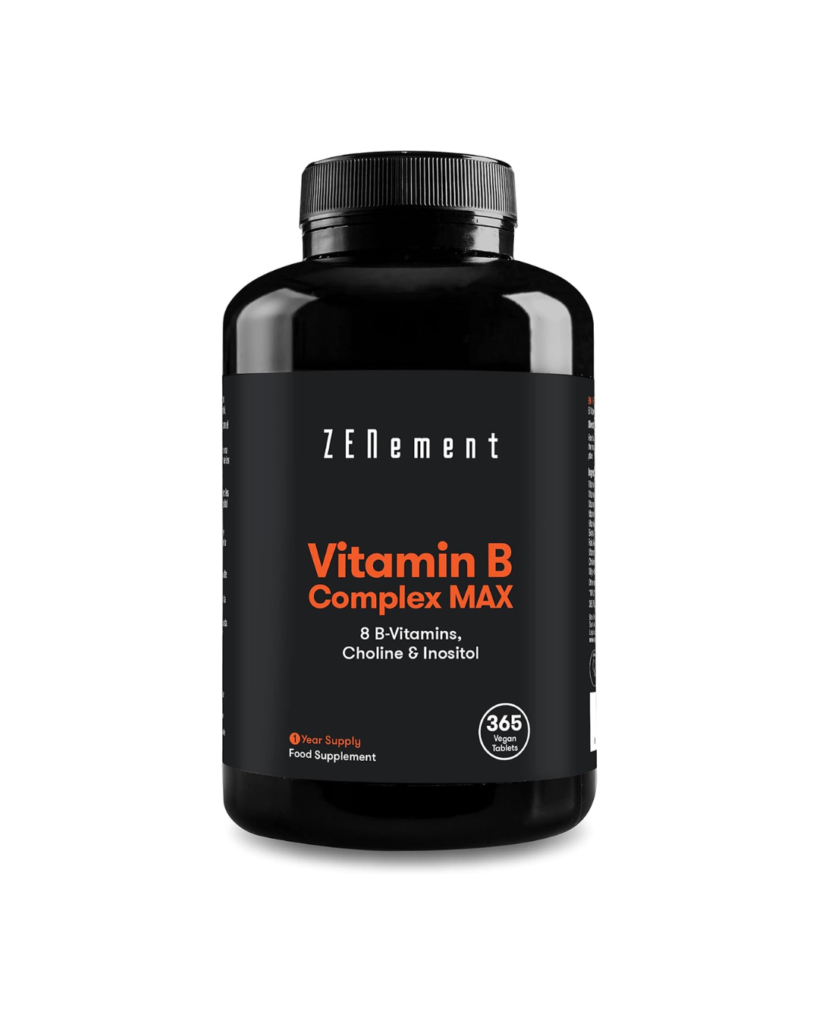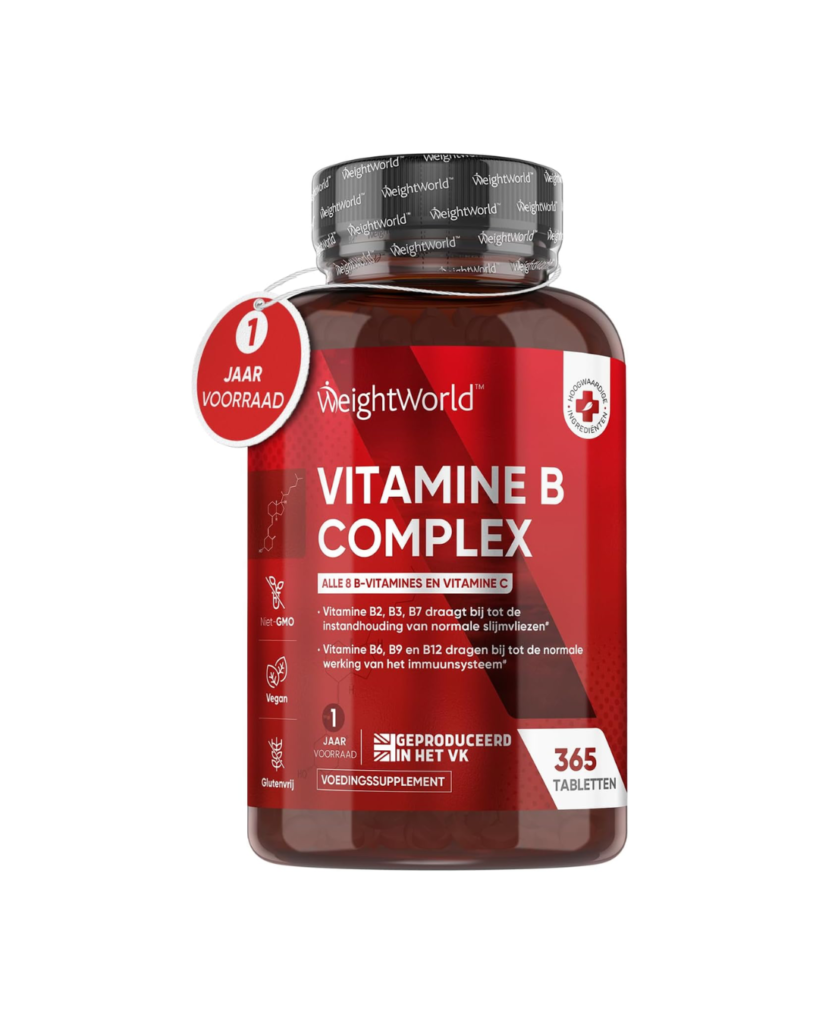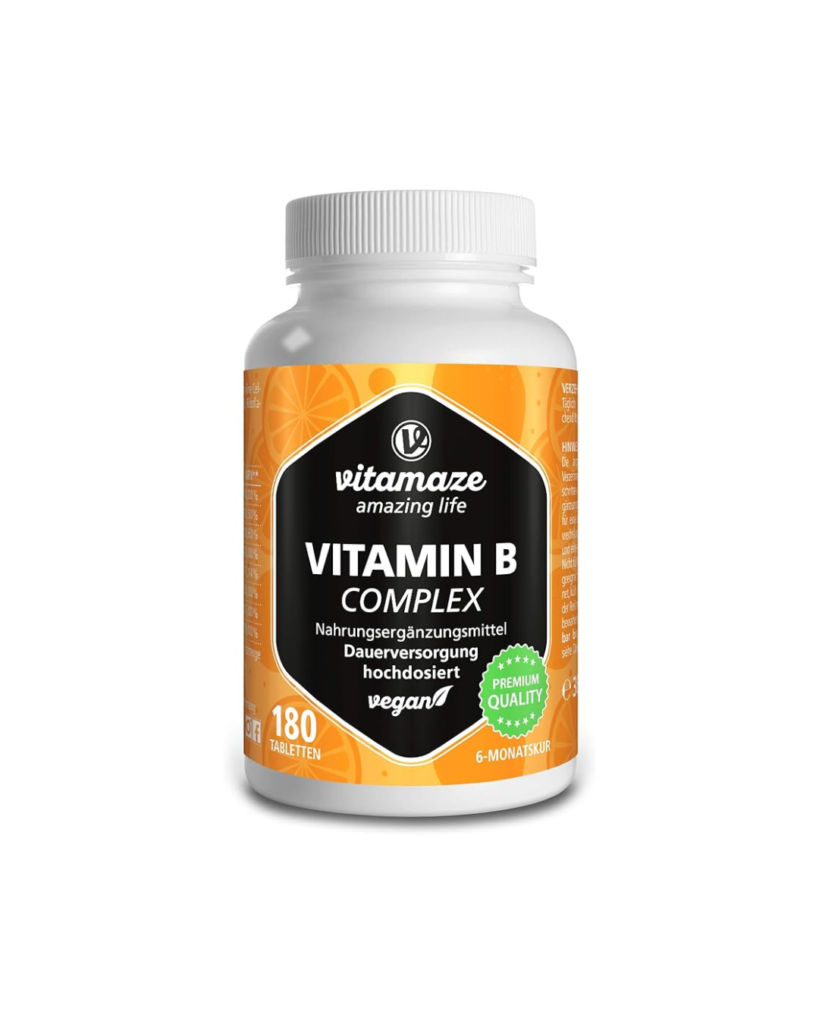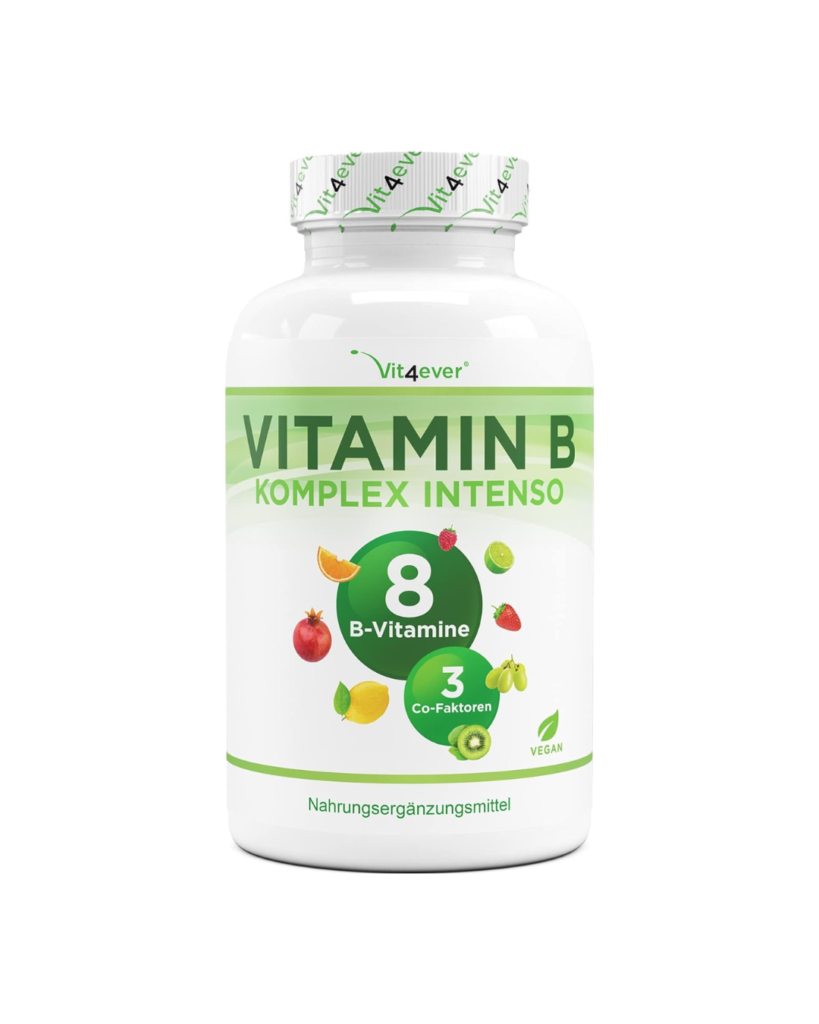
With so many vitamins out there, it’s hard to figure out which ones you actually need. This article breaks down some common health supplements and the specific vitamins they contain, giving you a better idea of what might be worth taking.
Vitamine-B
B vitamins are super important for keeping your brain sharp, your cells buzzing, and your energy up. Load up on natural eats like whole grains, beans, nuts, fruits, veggies, and lean meats to make sure you’re getting plenty of them.
B vitamins are crucial for maintaining overall health and well-being. They serve as the foundation for a healthy body, impacting your energy levels, brain function, and cell metabolism directly. Vitamin B complex may assist in preventing infections and promoting:
- Growth of red blood cells
- Cell health
- Brain function
- Energy levels
- Digestion
- Appetite
- Proper nerve function
- Hormones and cholesterol production
- Eyesight
- Cardiovascular health
- Muscle tone
Magnesium
Magnesium is a mineral that is important for normal muscle function. It also contributes to the normal functioning of nerves and psychological functions. Magnesium is one of the minerals that is present in larger quantities in your body.
Magnesium is popular among athletes, who use this mineral mainly because it plays a role in maintaining strong and flexible muscles. For this reason, athletes and individuals with an active lifestyle may benefit from extra magnesium or a combination of calcium and magnesium. Since our body does not produce magnesium on its own, we need to obtain magnesium from our diet or supplement it with magnesium tablets or other magnesium supplements. Magnesium is found in foods such as whole wheat bread and other whole grain products, vegetables, nuts, dairy (products), and meat.
Vitamine-E
Vitamine E is a fat-soluble vitamin that assists in protecting healthy body cells. With its antioxidant properties, vitamin E shields against free radicals. You can obtain vitamin E from foods such as grains, bread, nuts, seeds, vegetables, fruit, and sunflower oil.

*Dietary supplements should not be used as a substitute for a varied and balanced diet and a healthy lifestyle. If you are pregnant, breastfeeding, taking medication, or under medical supervision, consult a physician or healthcare professional before use. Discontinue use and consult a physician if any allergic reactions occur. Keep out of reach of children




